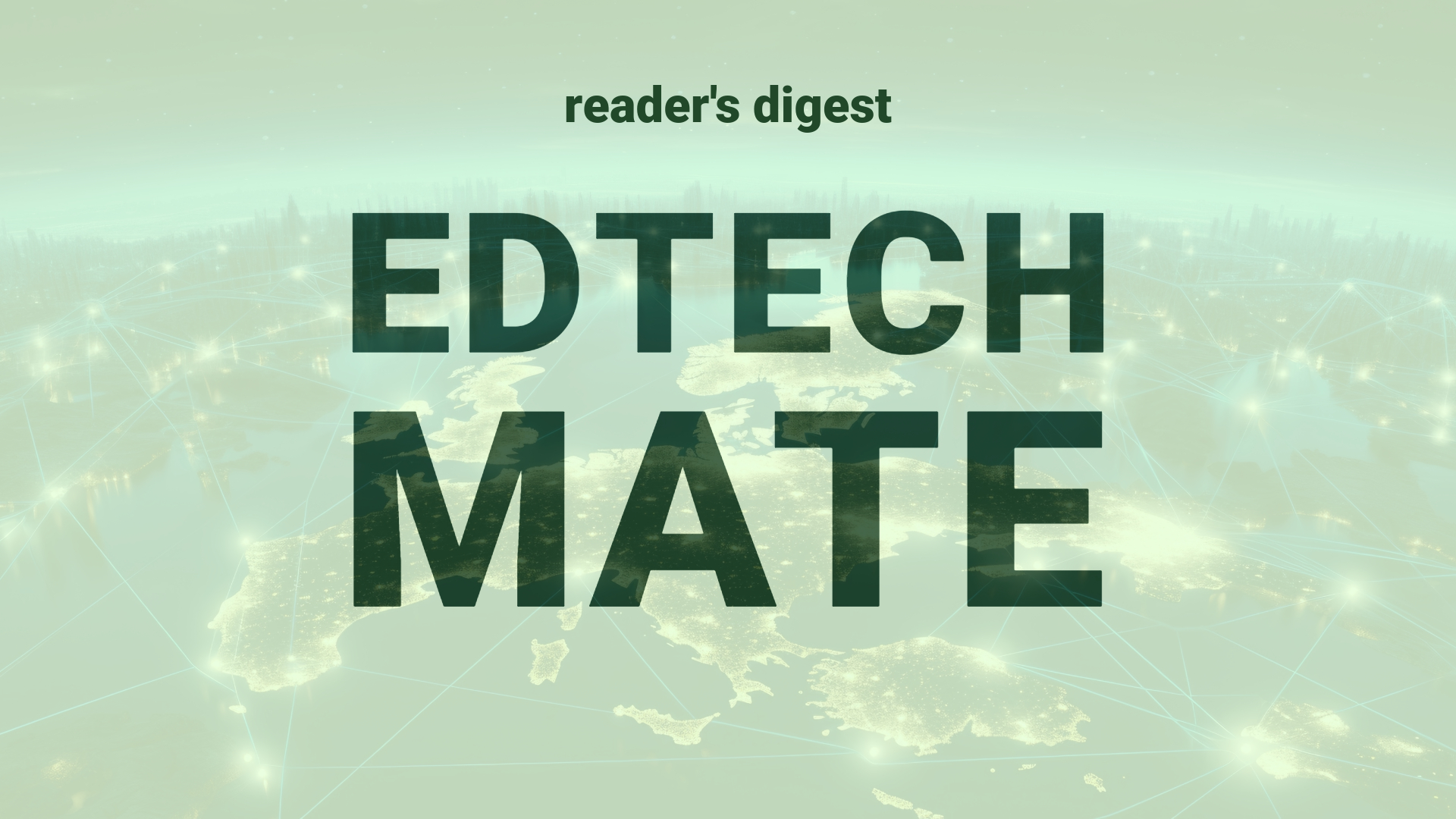Executive Summary and Main Points
In an innovative move that aligns with the global trend of digital transformation in public administration, the Government of Navarra and the City Council of Pamplona have embarked on a pioneering project to develop the region’s first digital twin. This digital replica, financed by European Next Generation funds, will integrate geospatial data, infrastructure information, and socioeconomic metrics. The Tracasa Instrumental company will lead the coordination of the “Acceleration of Entrepreneurship and Innovation Ecosystems based on Digital Twins” (AEEIGD) project. This initiative exemplifies the integration of cutting-edge technology in urban planning, resource management, and decision-making, reflecting the ongoing shift towards smart city solutions and the digitization of public services.
Potential Impact in the Education Sector
The implementation of a digital twin in Pamplona serves as a bellwether for Further Education, Higher Education, and the proliferation of Micro-credentials. Such technology enhances the research and teaching infrastructures, enabling real-time scenario analysis and immersive learning experiences. Additionally, this initiative opens pathways for strategic partnerships between the educational sector and technology companies, fostering innovation and entrepreneurship clusters that could evolve into robust micro-credential offerings in digital skills and AI applications, thereby enhancing the employability of graduates.
Potential Applicability in the Education Sector
The digitization of Pamplona sets the stage for innovative applications within global education systems. AI and digital tools, integral to this project’s infrastructure, can aid in creating smart campuses that simulate real-world environments, integrating data analytics and IoT for better campus management. Moreover, digital twins can act as living labs for students and researchers, encouraging a hands-on approach to learning and fostering an environment ripe for cross-disciplinary collaboration and international educational exchanges focused on AI and digital transformation.
Criticism and Potential Shortfalls
Despite the clear advantages of integrating digital twins into urban planning and public administration, criticisms and shortfalls are not to be overlooked. Real-world case studies in international contexts reveal disparities in digital readiness and technological adoption that could hinder equitable transferability of the benefits. Additionally, there are ethical and cultural implications of digitizing social spaces, including privacy concerns and the potential for widening the digital divide. Balancing scalability, adaptability, and socio-economic impacts remain persistent challenges.
Actionable Recommendations
To capitalize on the promising prospects of digital twins and similar AI-driven technologies, international education leaders should consider implementing collaborative projects with technology partners. Establishing interdisciplinary programs that bridge technology and urban studies, forming consortia for sharing best practices, and promoting digital literacy are crucial steps. Furthermore, developing frameworks for ethically responsible data usage, ensuring inclusivity and cultural sensitivity in technology deployment, and encouraging public-private partnerships would be strategic in leveraging technology for education sector advancement.
Source article: https://www.cio.com/article/2149896/pamplona-contara-con-su-primera-replica-digital-de-la-ciudad.html

